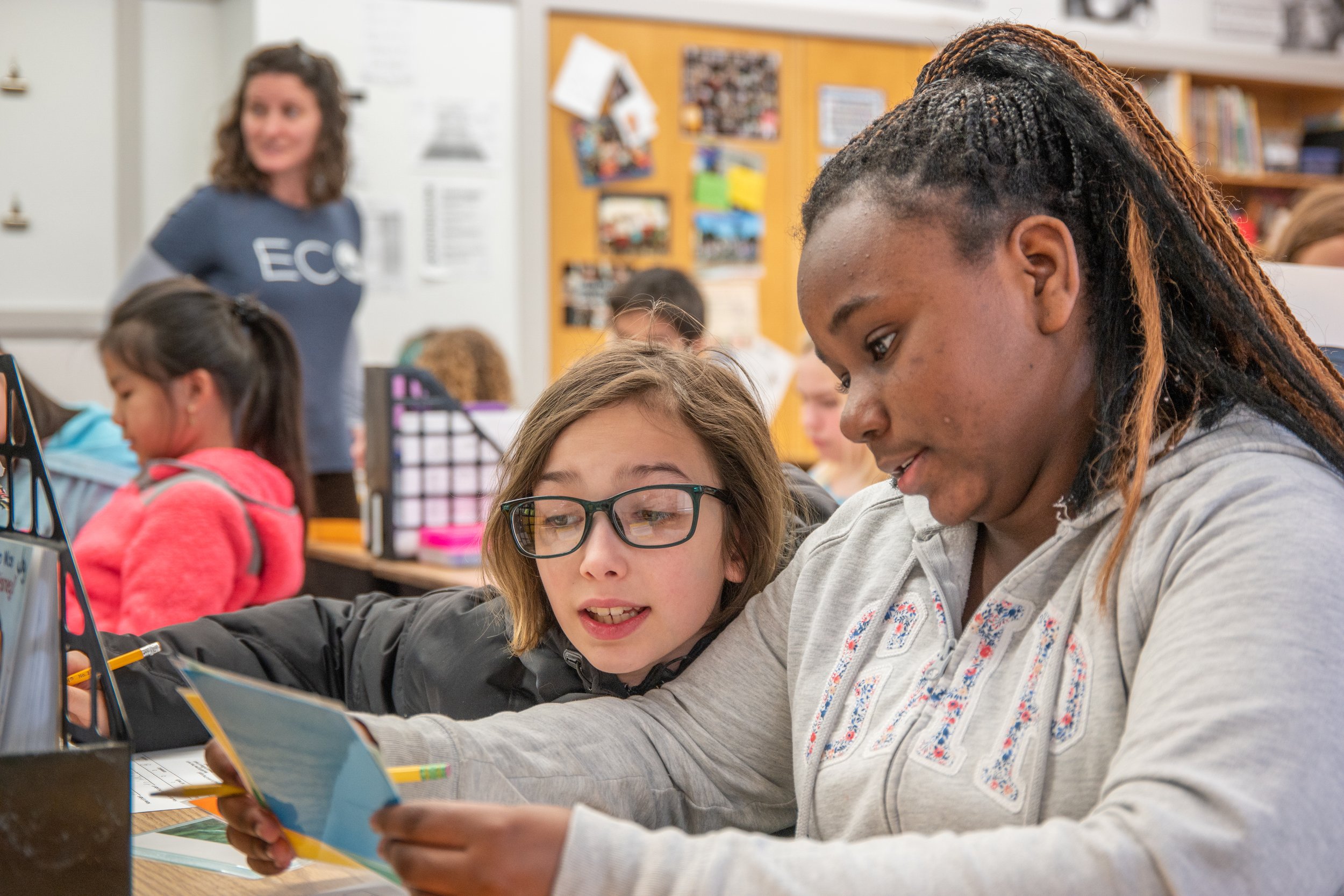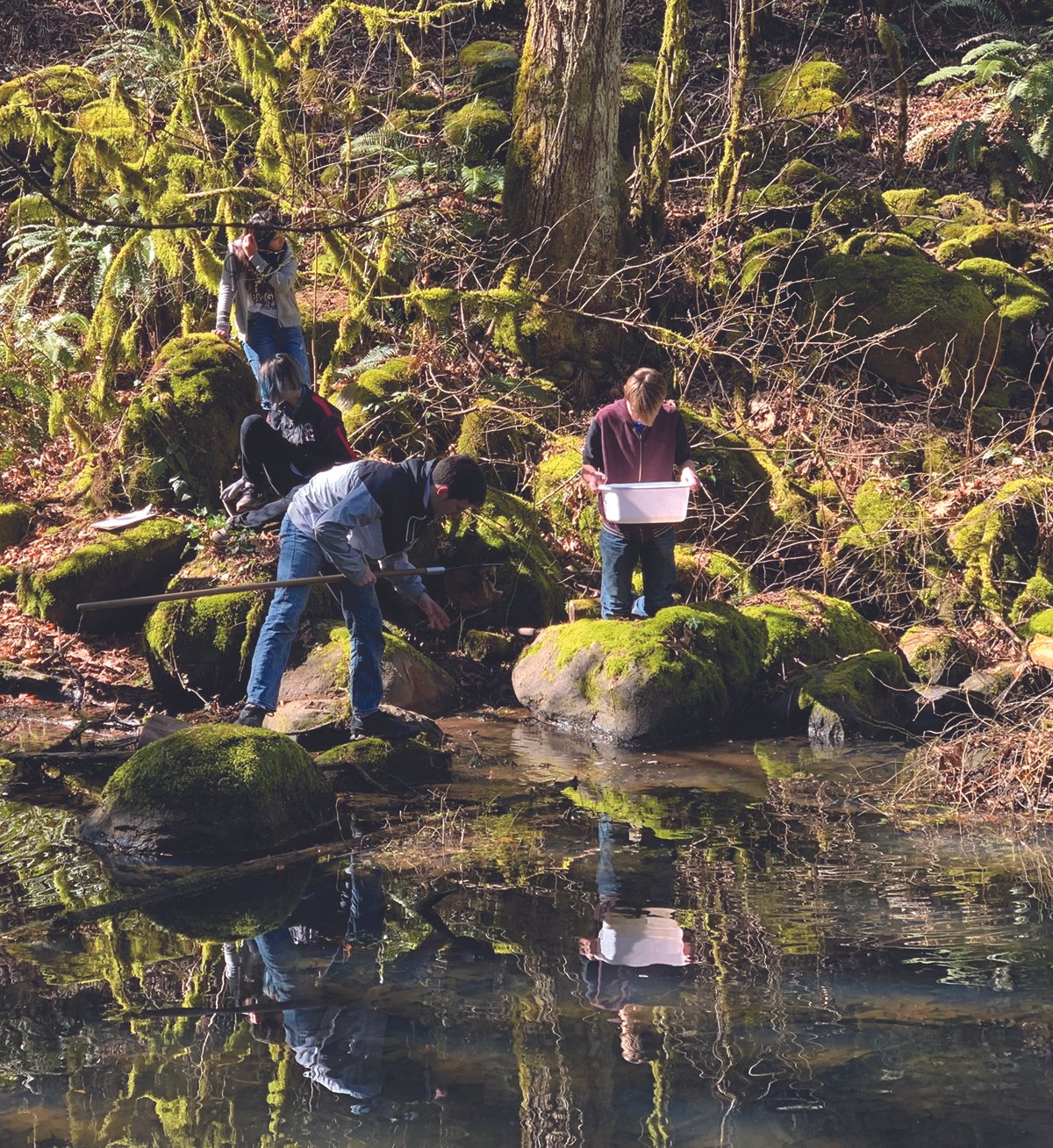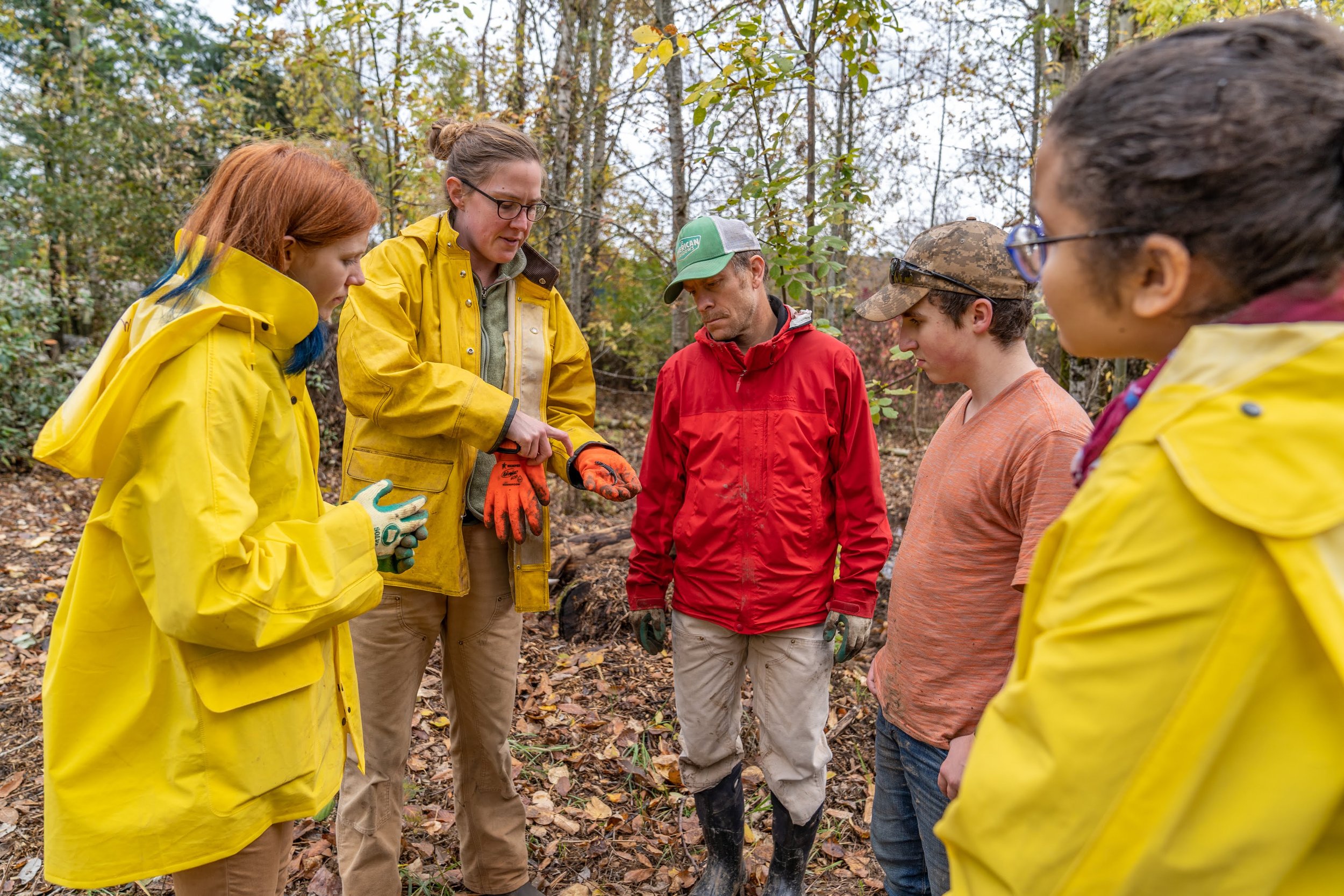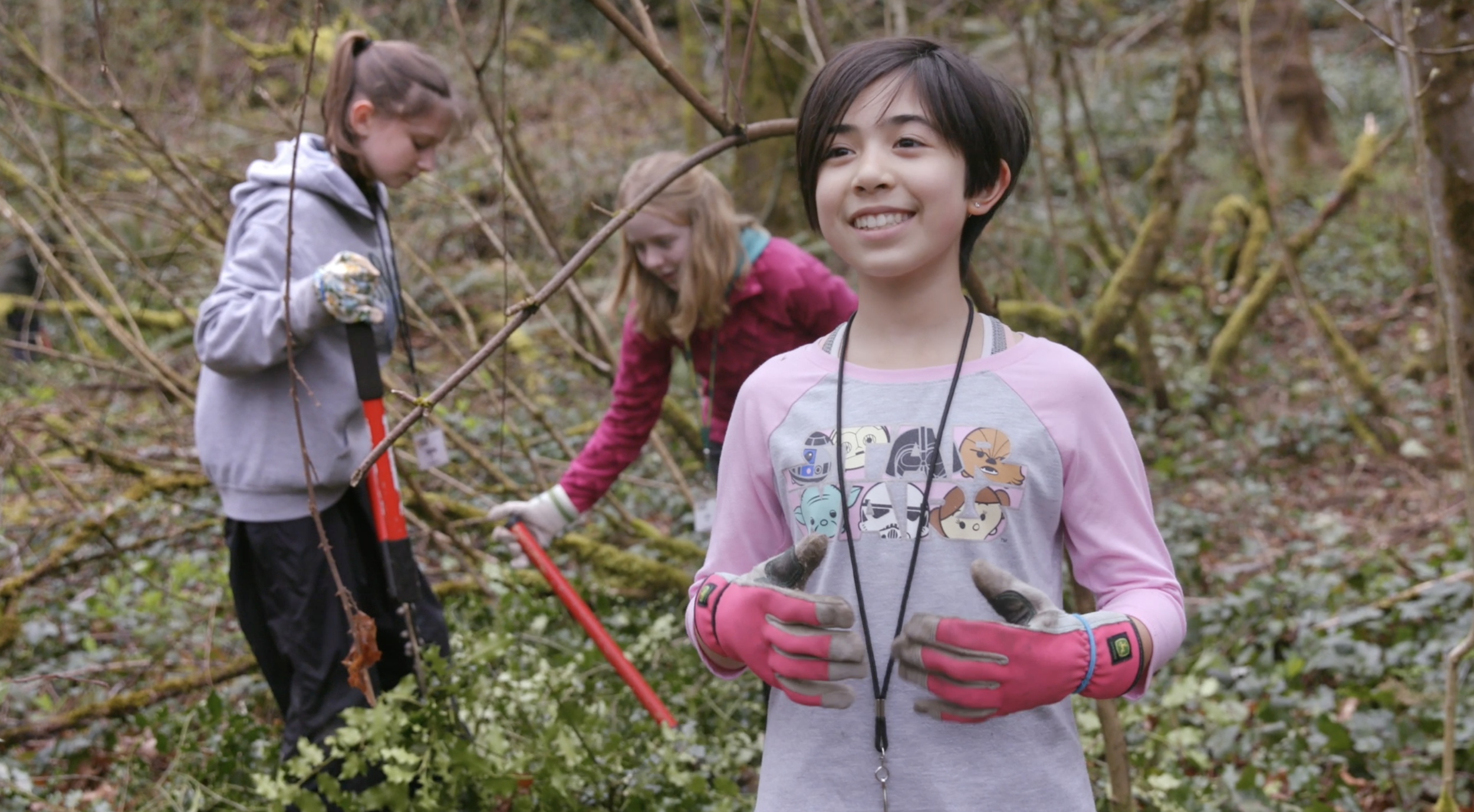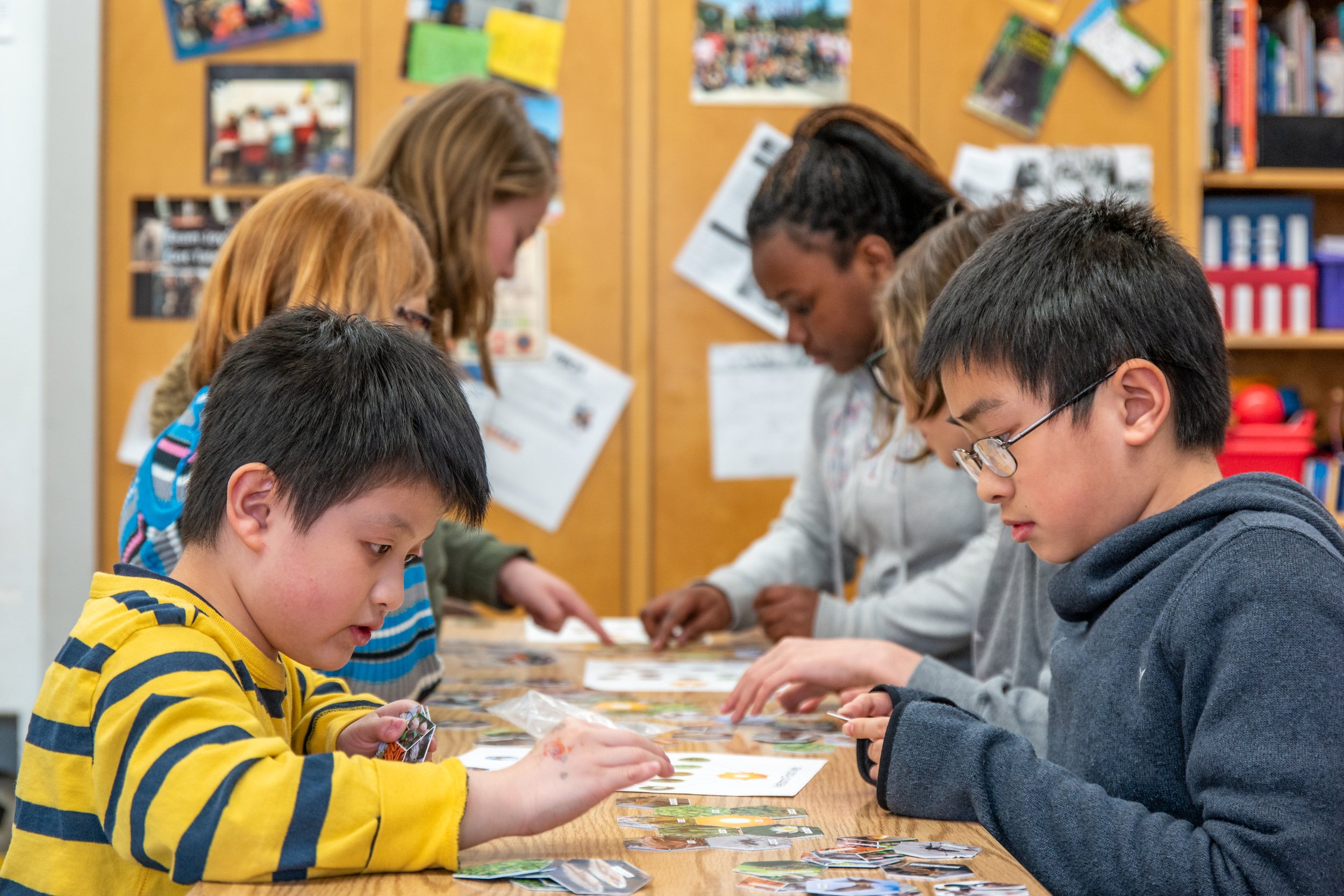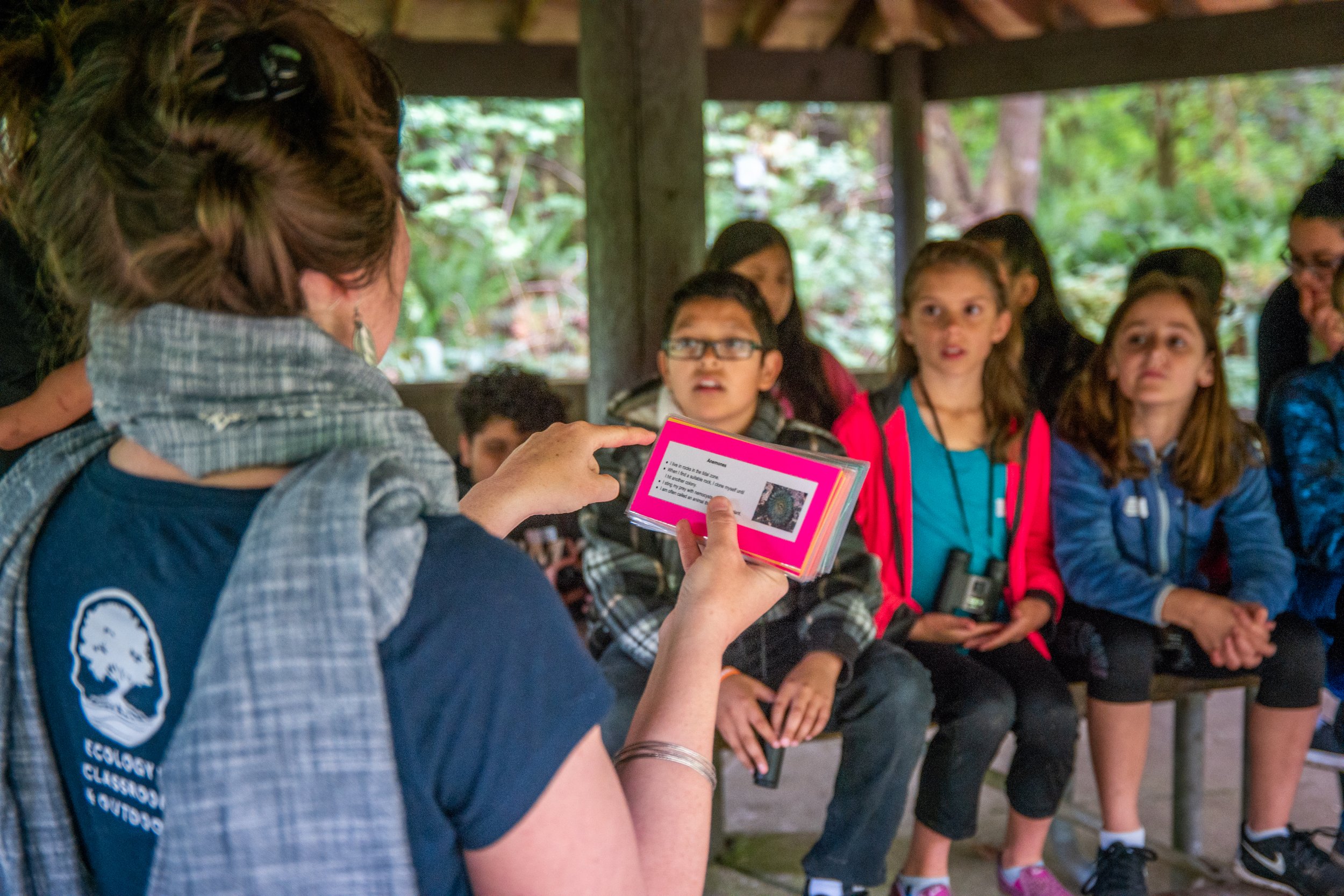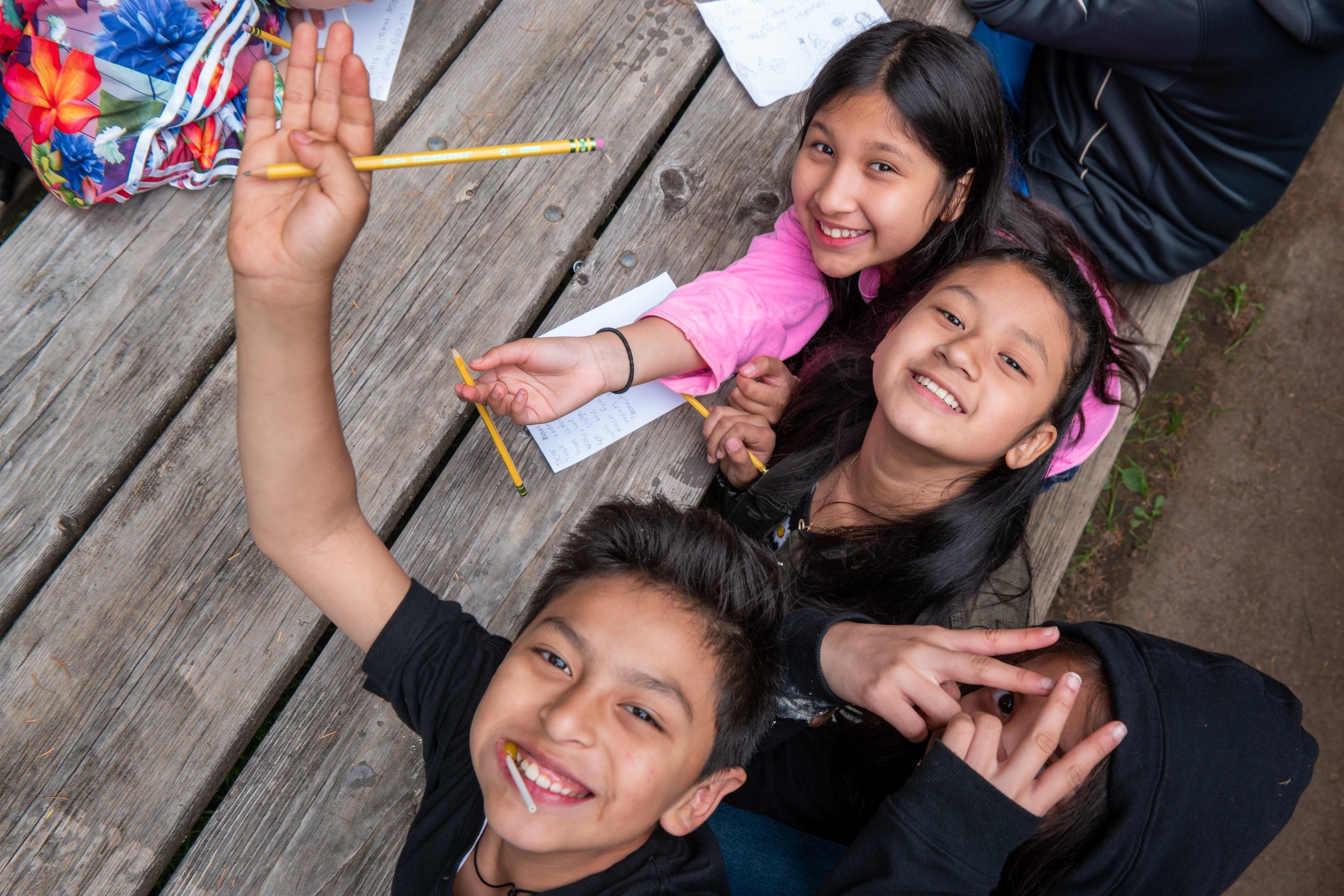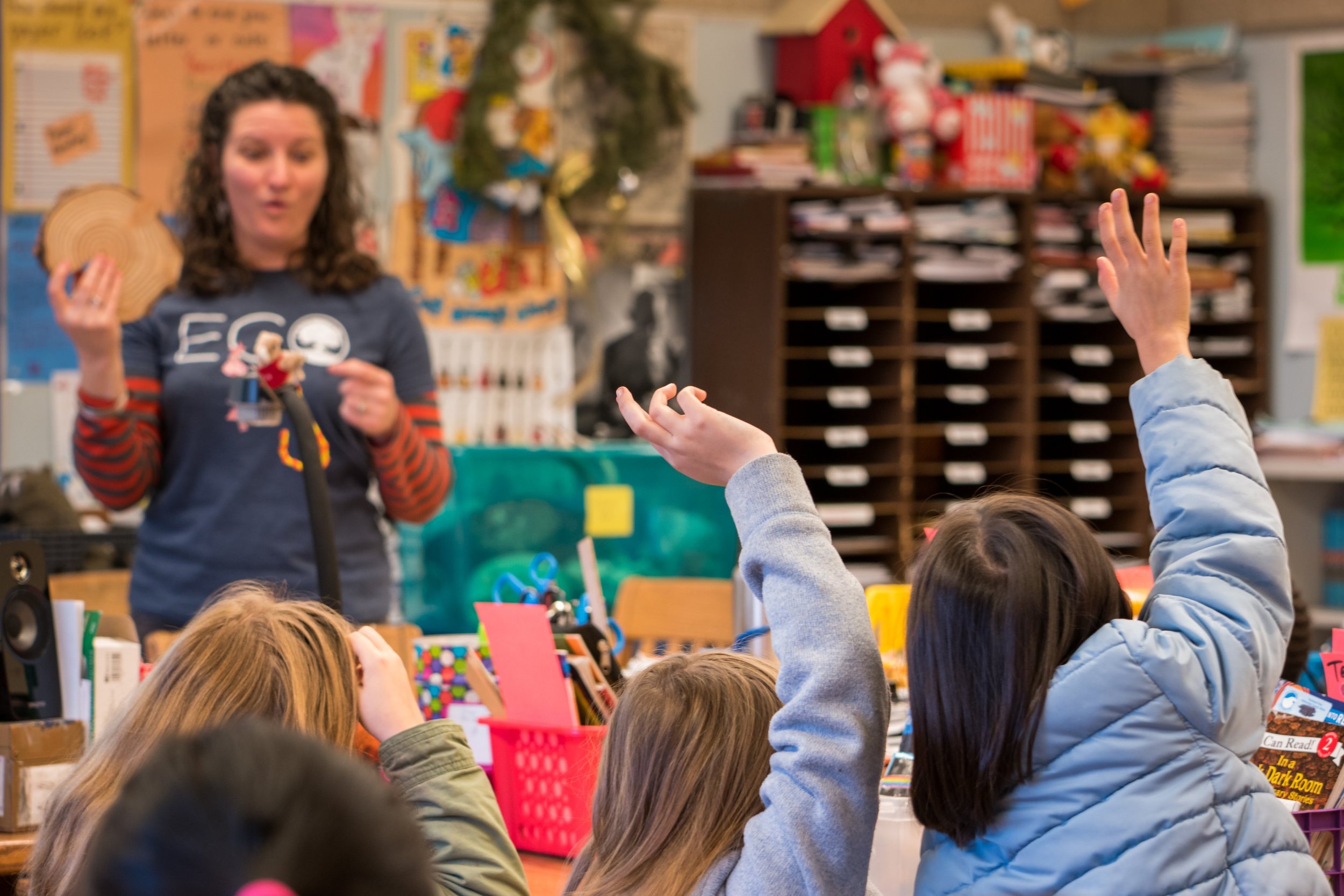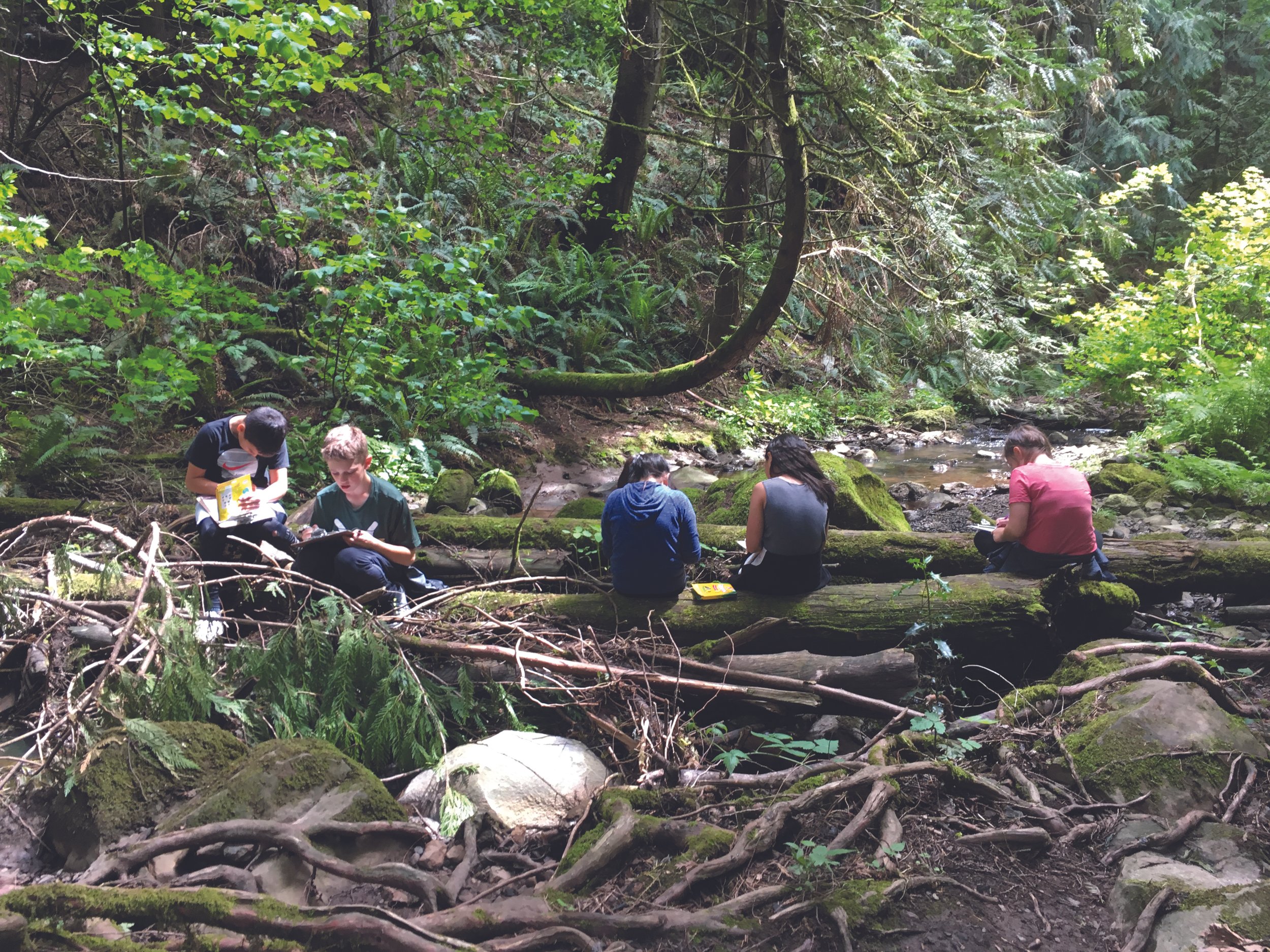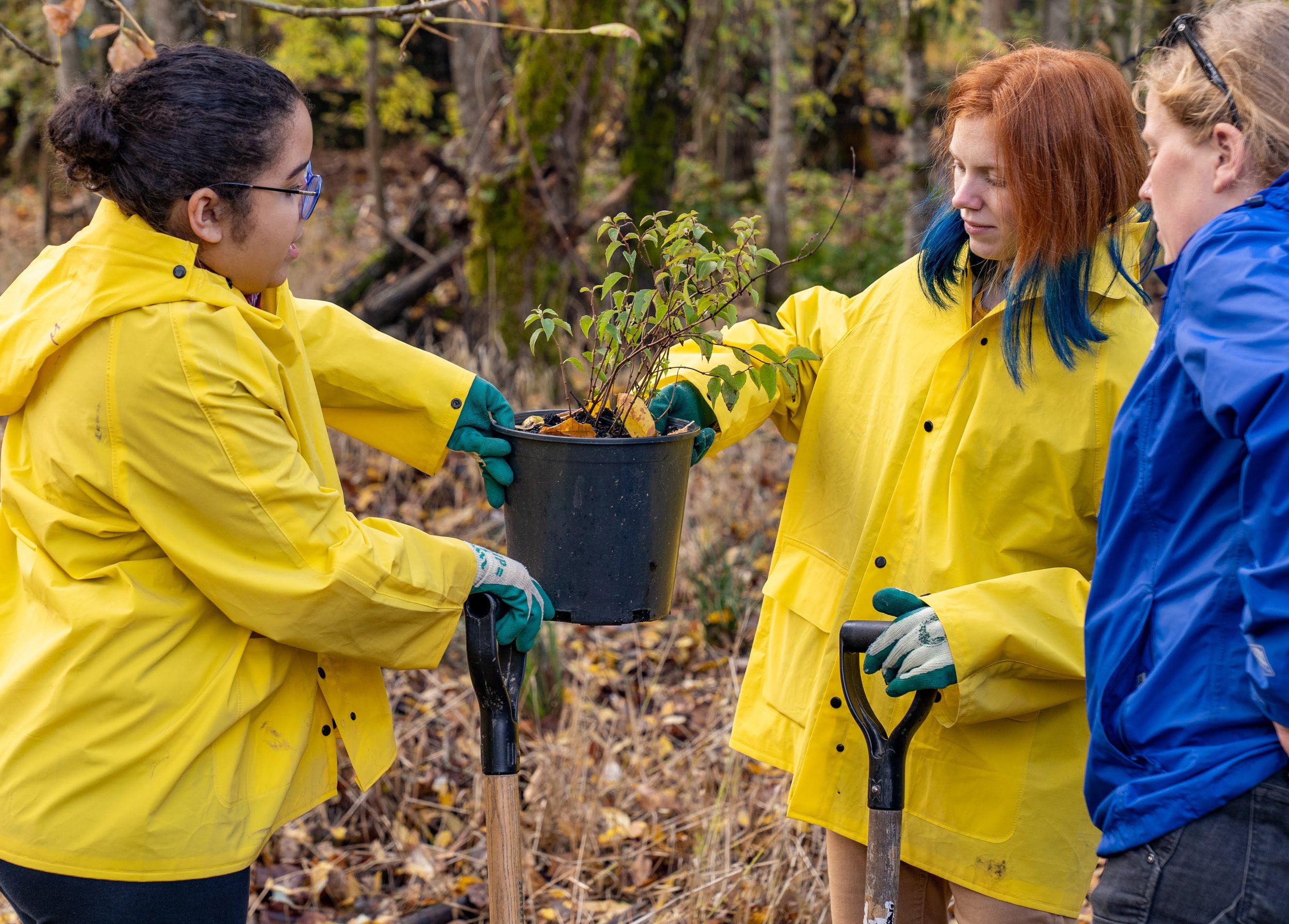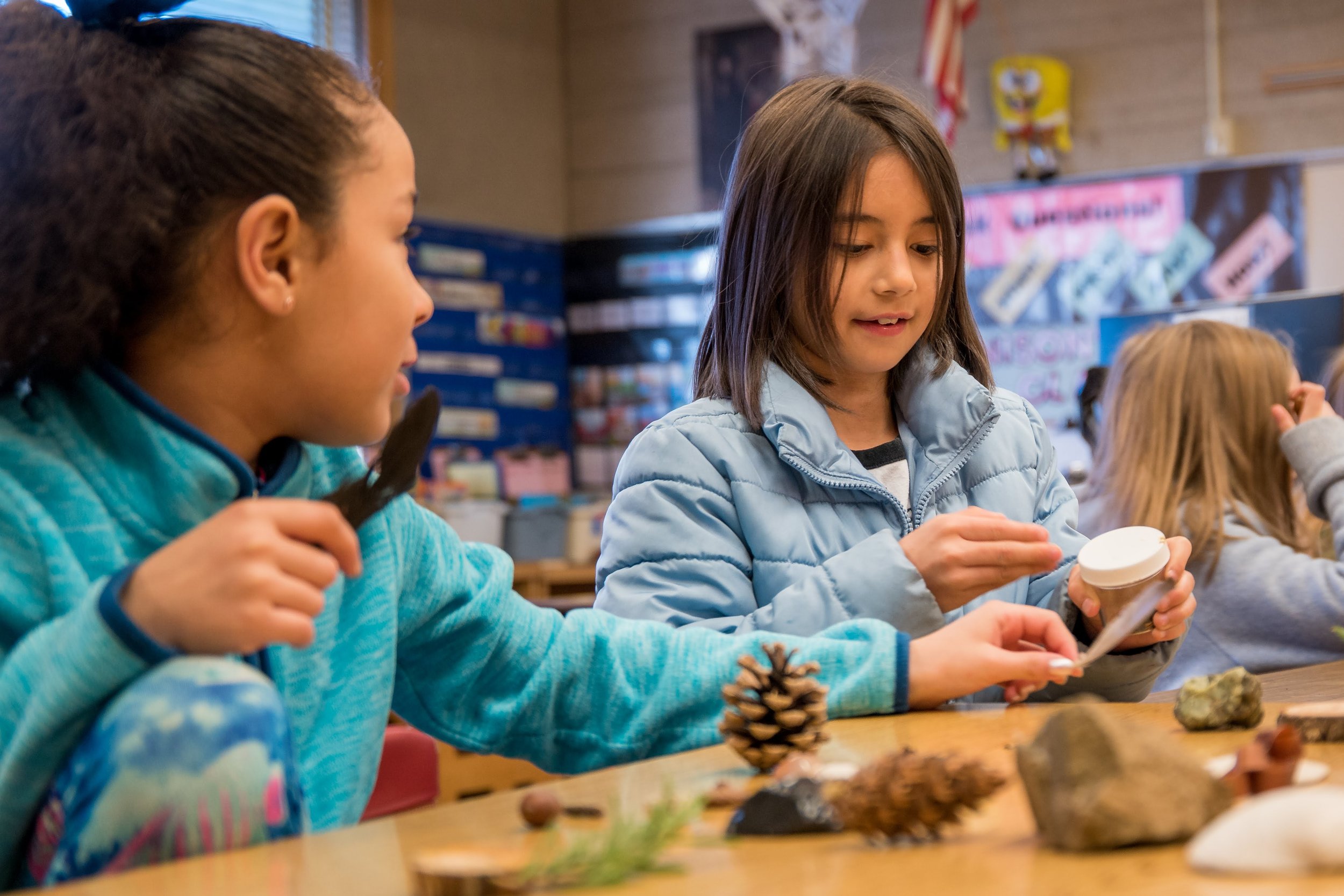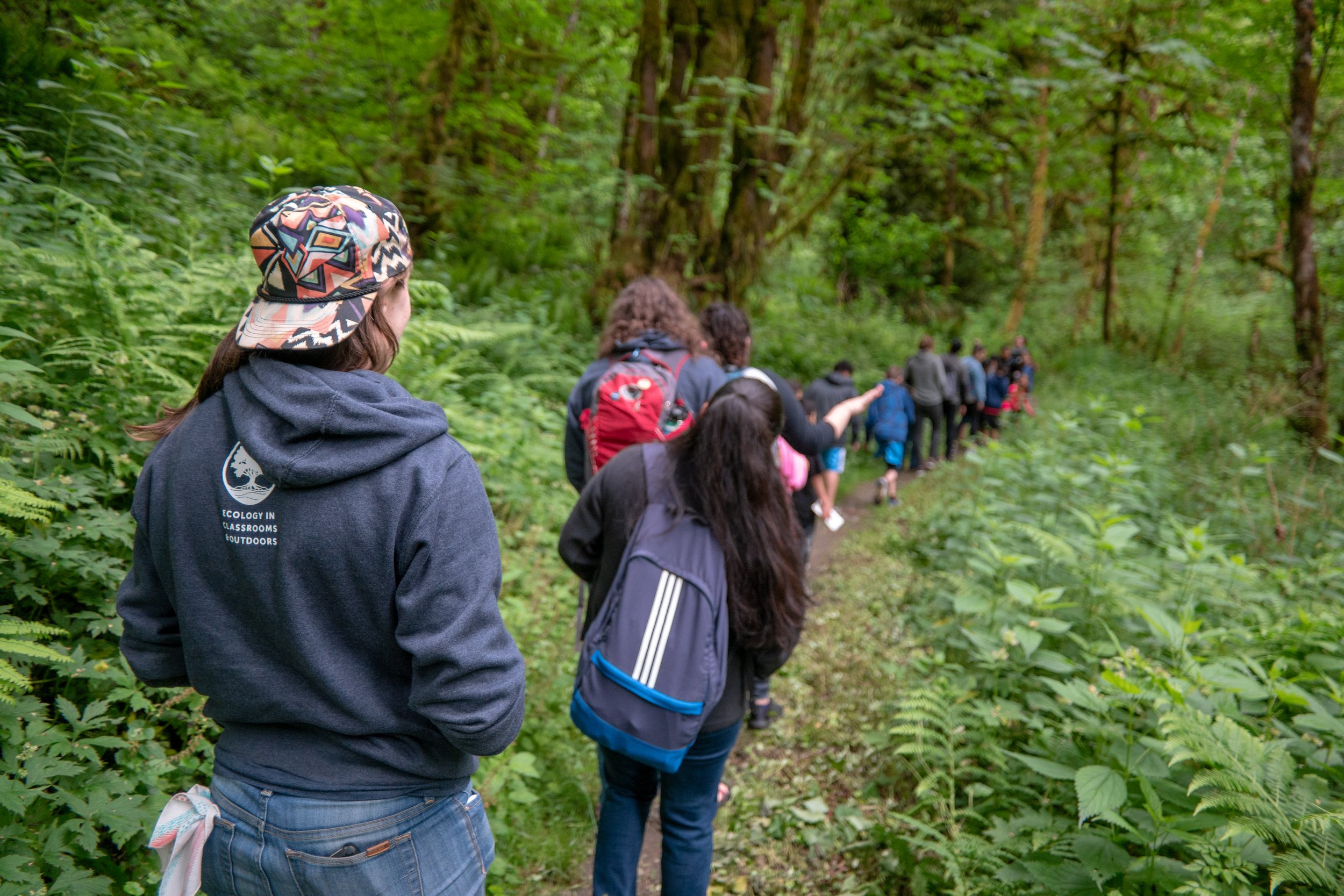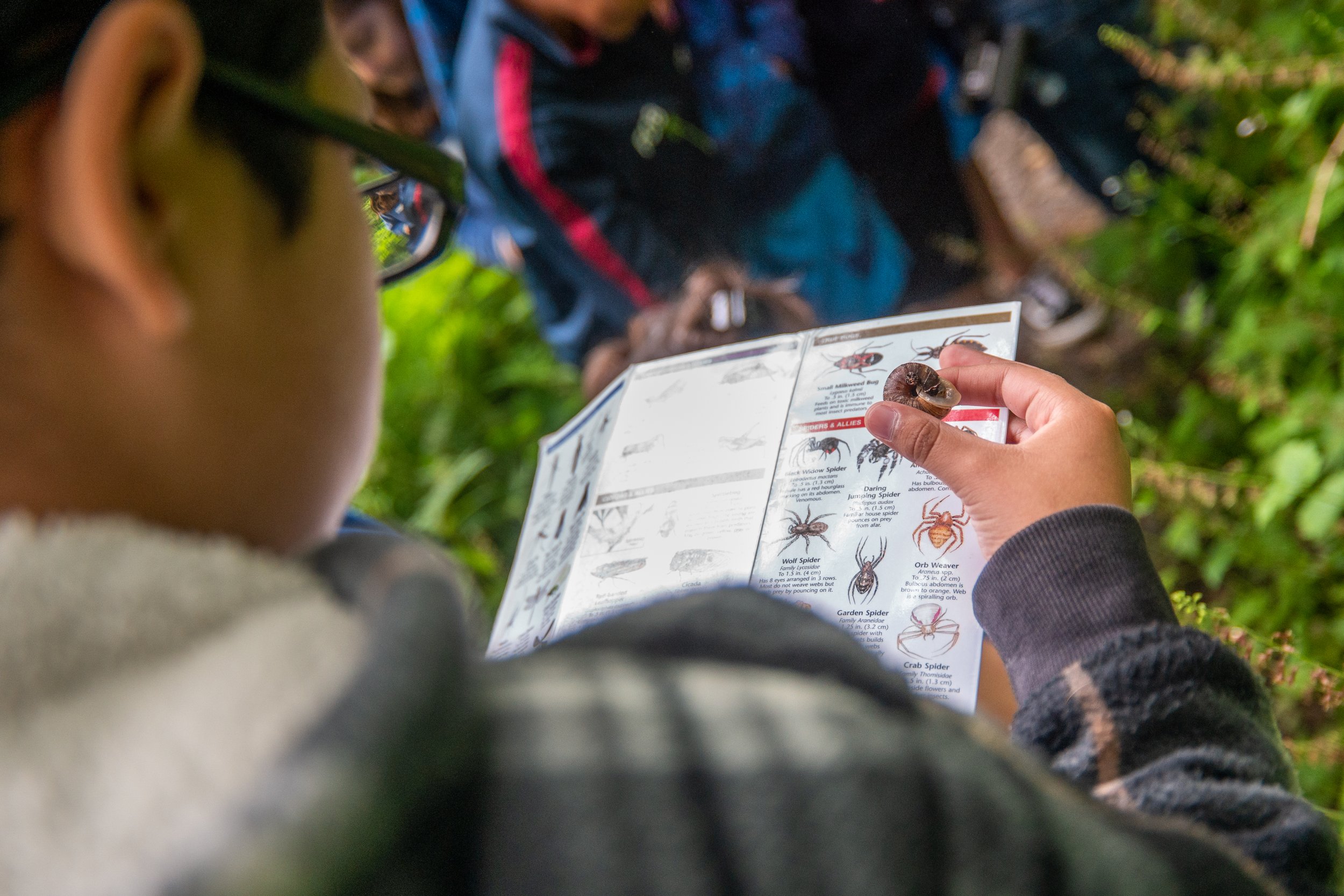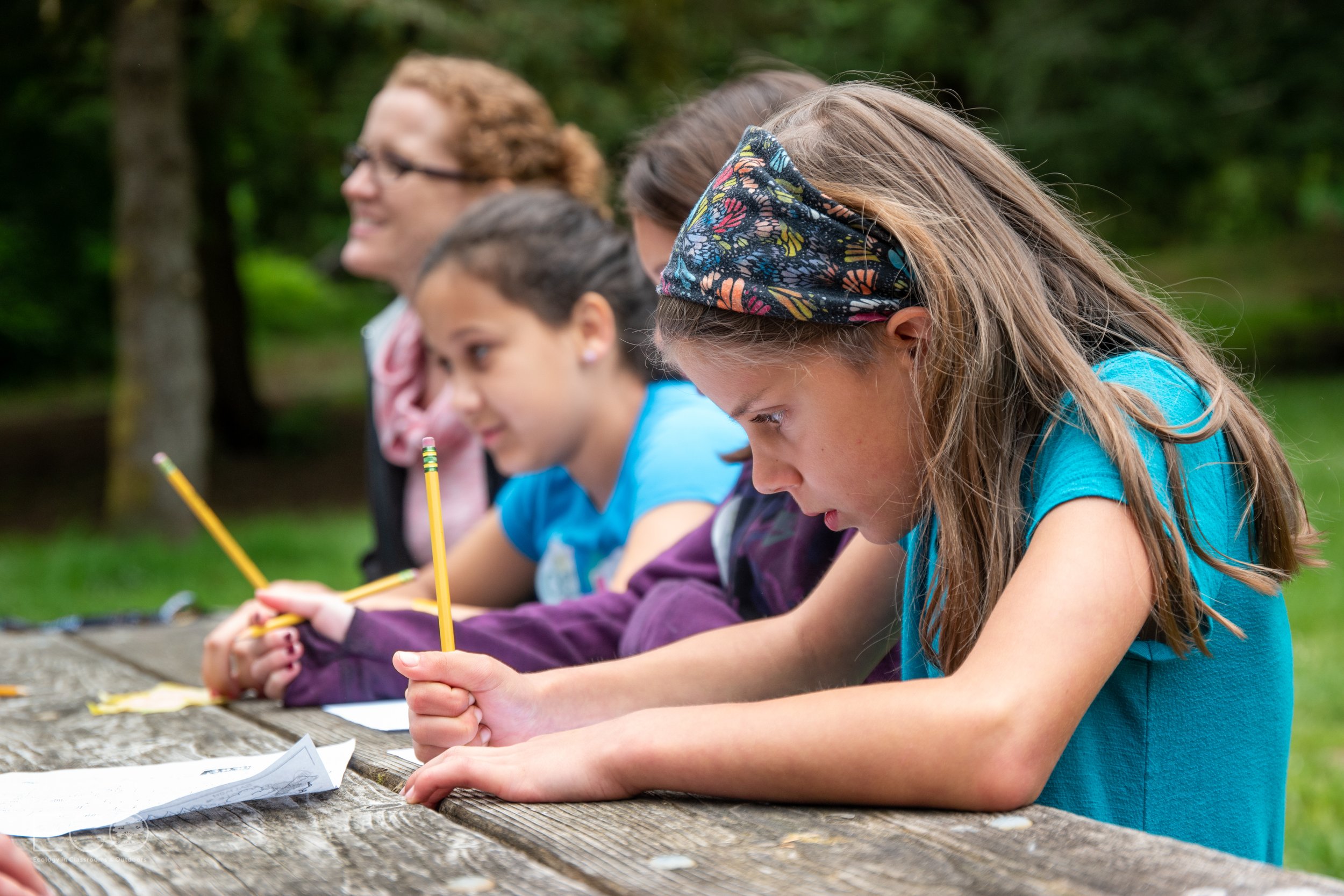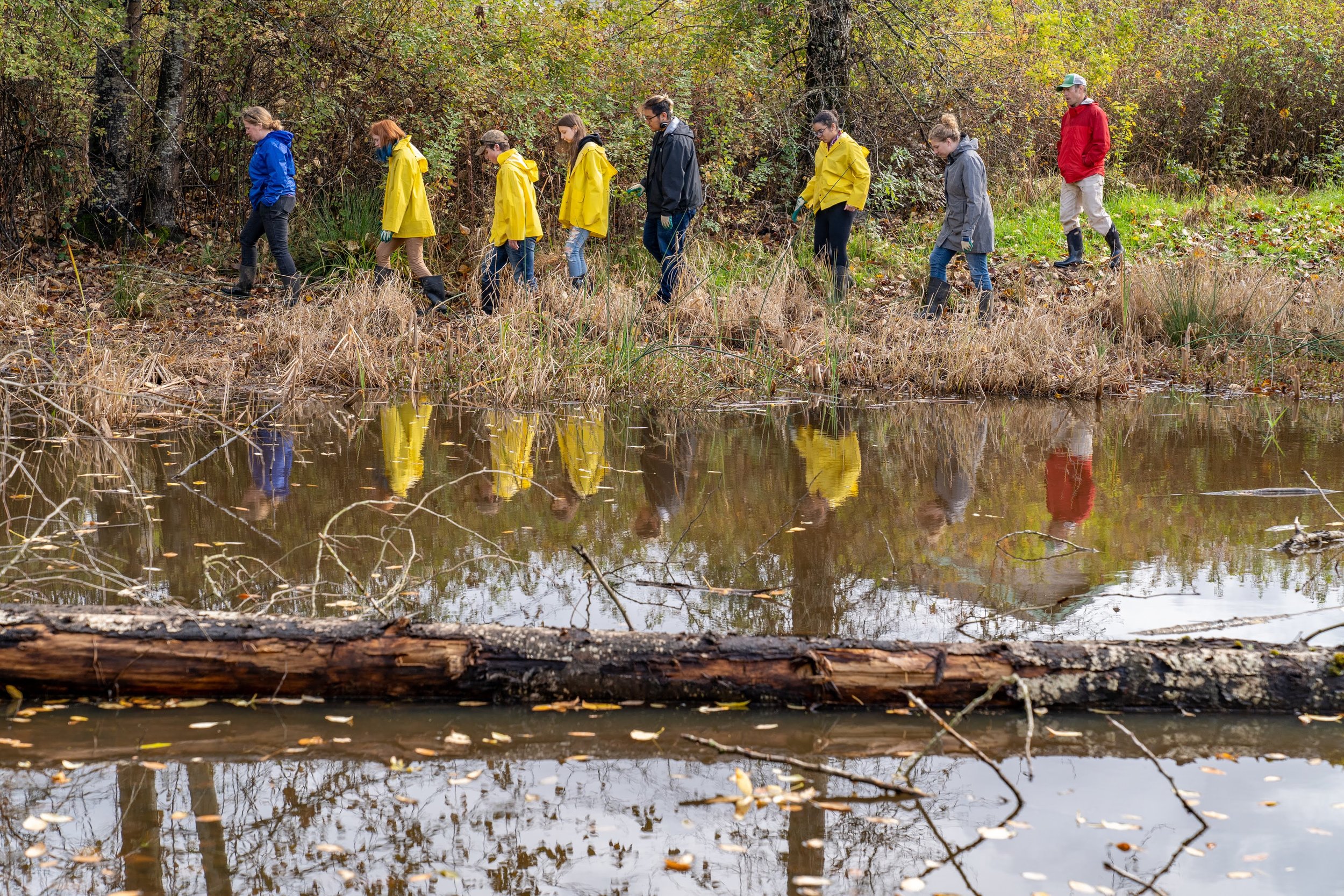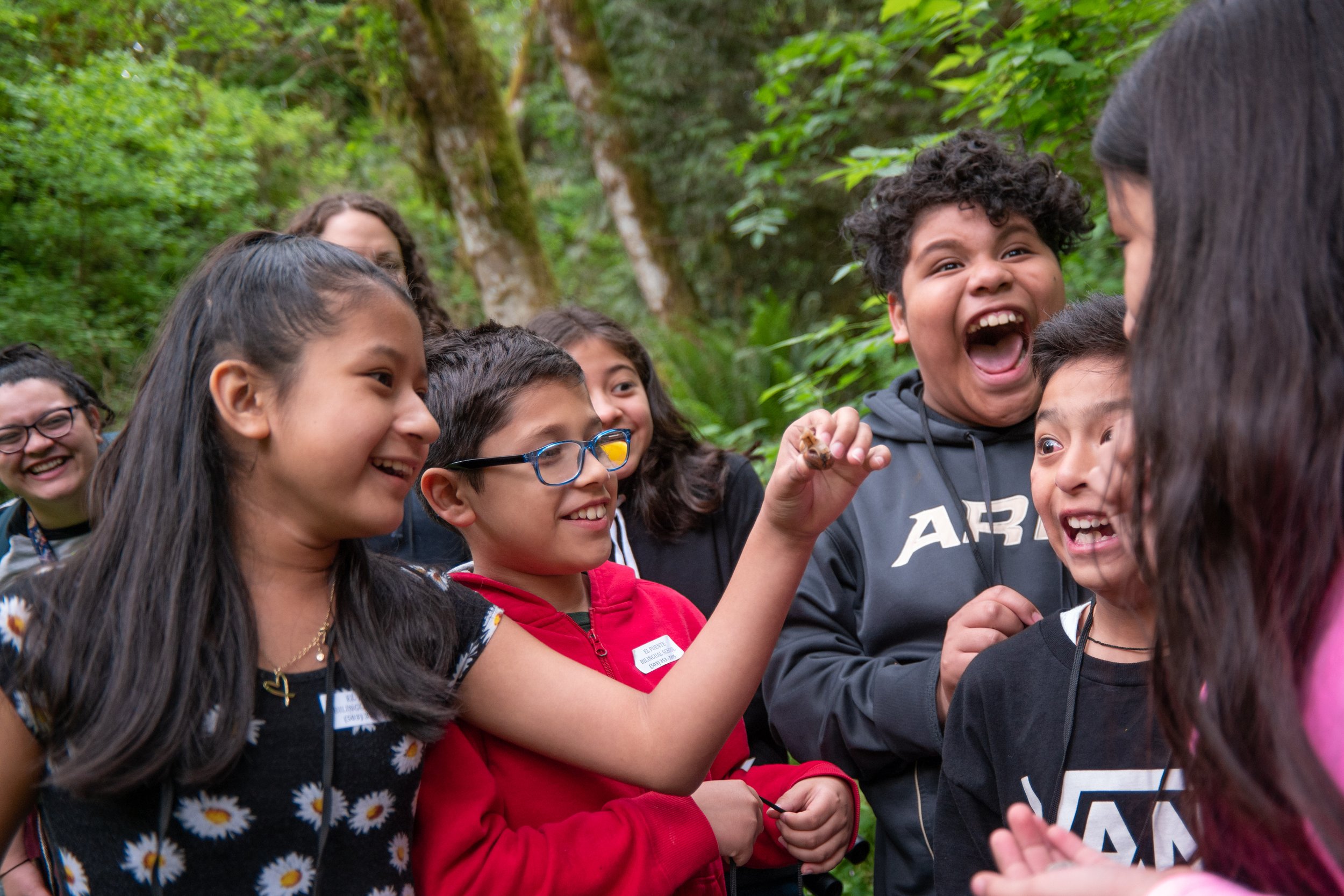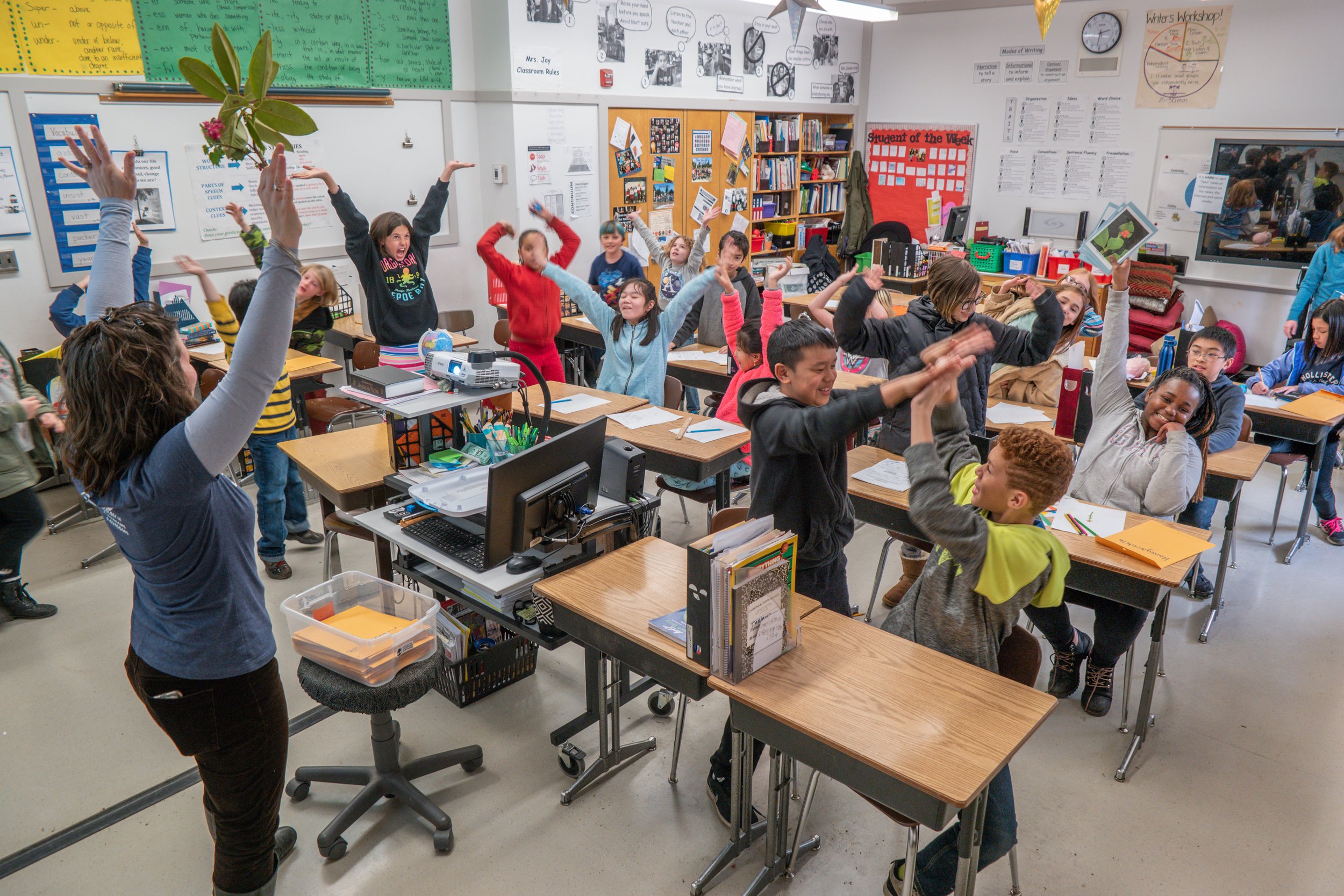
Our Impact
We’ve connected 39,000 students to nature since 2005
For nearly 18 years, our educators have supported teachers in meeting classroom learning goals and academic benchmarks with curricula designed to reach all learning styles, boost student achievement, and empower stewardship through community engagement.
Post-program surveys reveal more than 90% of our students believe themselves capable of positively benefiting the environment. This is one impact we set out to achieve in 2005 and what we will continue to strive for -- for the love of our Earth!
More than 90% of students who participate in our programs believe themselves capable of positively benefiting the environment.
-

Students engaged
Our programs impact students' understanding of their connection to the world around them. They develop critical thinking skills and problem-solving abilities as they work to understand complex ecological systems and environmental challenges.
-

Classroom hours
Hands-on, multidisciplinary local ecology lessons keep students engaged, connect the classroom to the community, and inspire them to apply what they've learned where they live.
-

Field trip hours
We empower students through projects that positively impact their environment and deepen community ties. We immerse them in nature through exploration and inquiry. They learn the importance of stewardship, develop practical skills and a sense of accomplishment.
-

Teachers supported
Teachers develop professionally through working with ECO educators or our curricula. They gain locally relevant scientific knowledge and teaching skills to deliver ecology programming year after year.
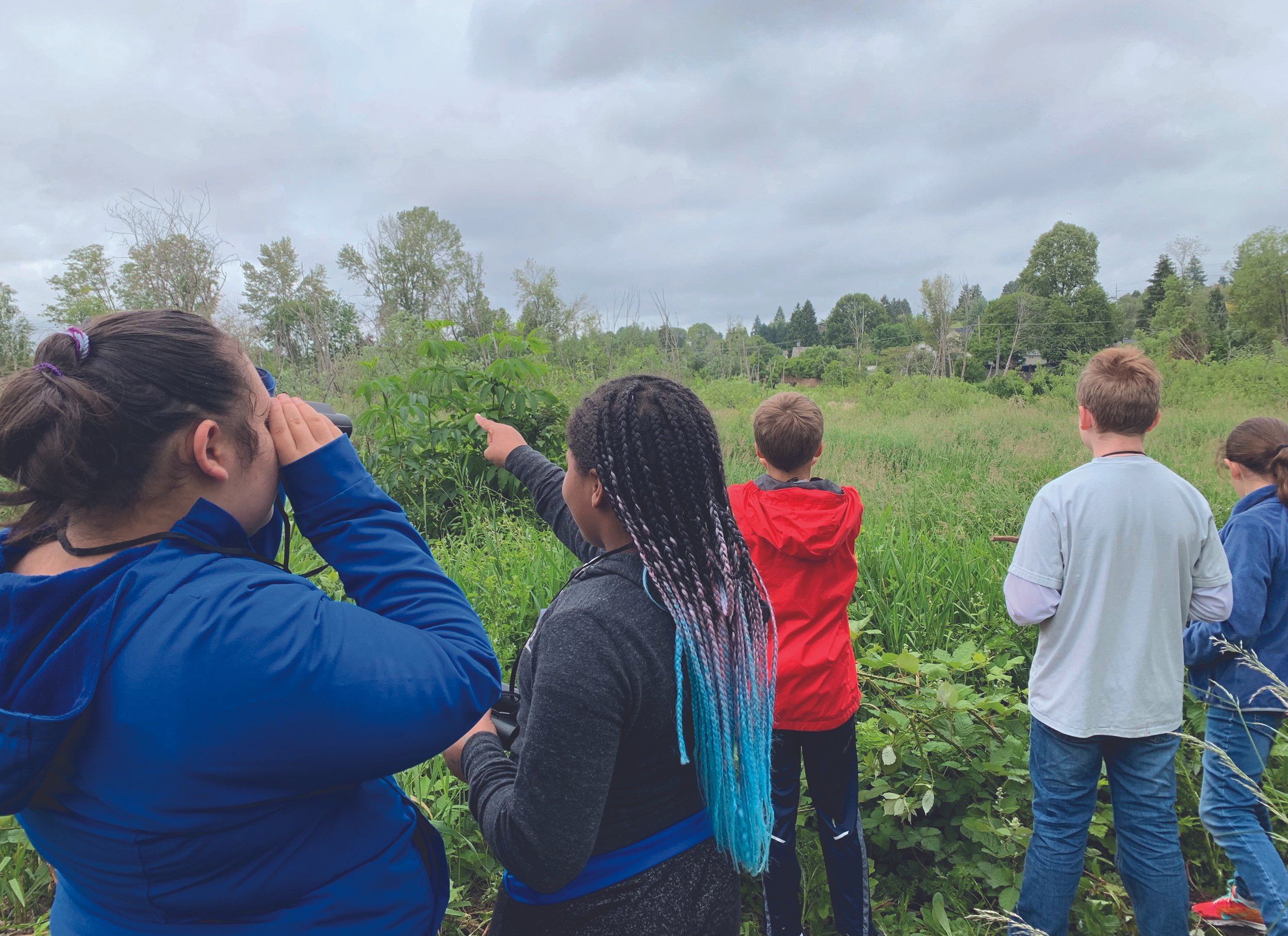
Equity in environmental education
Low-income neighborhoods, often the most diverse, have less support for hands-on science instruction, widening inequitable education gaps across socioeconomic status. In under-resourced schools, subjects like science and ecology get overlooked in favor of core subjects (math, reading, and writing).
We prioritize Title 1 schools and deliver our programs during school hours to lessen the opportunity gap. We work to ensure students have equitable access to high-quality environmental education and projects that positively impact where they live and learn.
